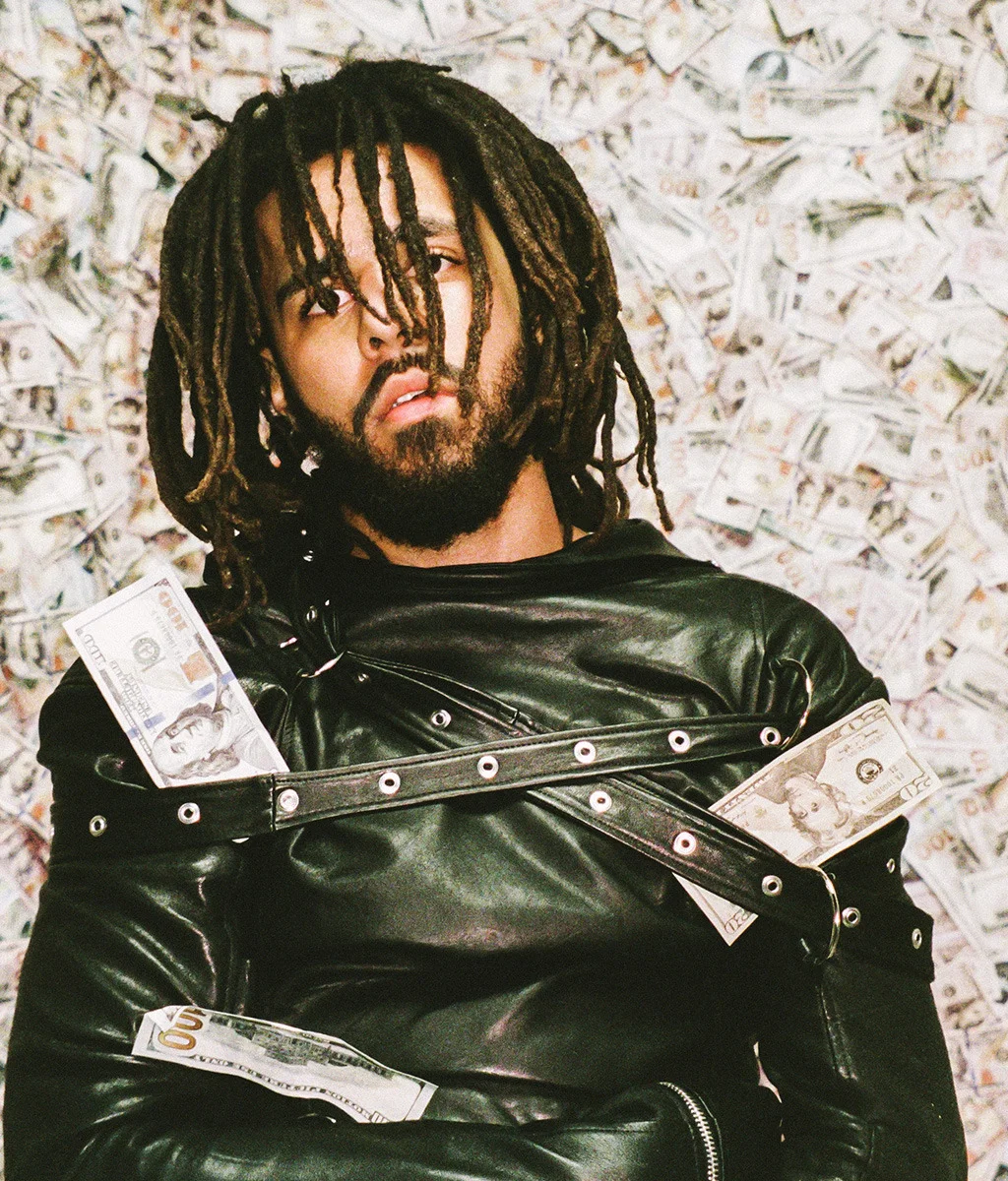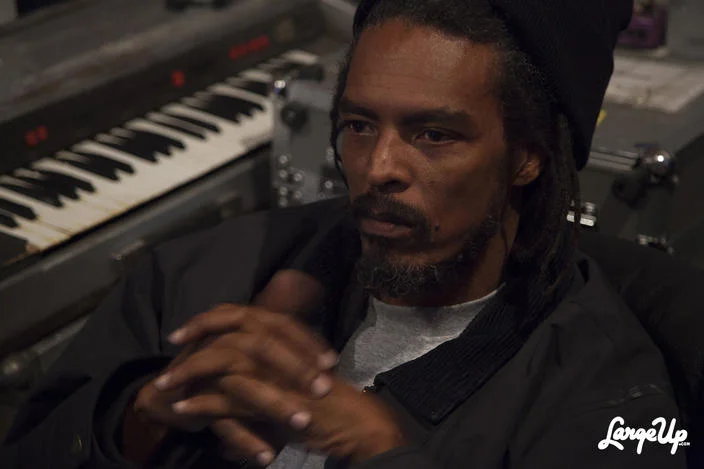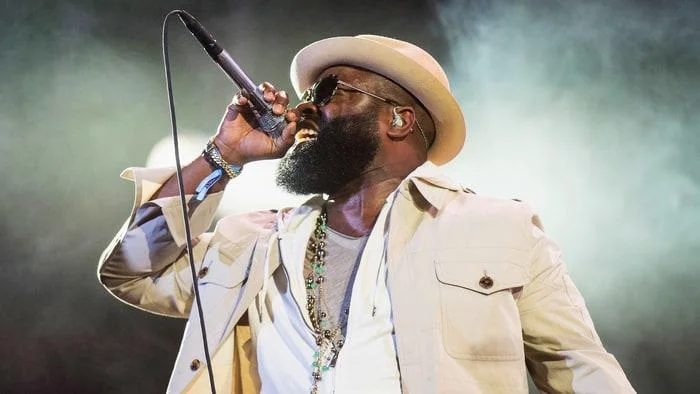“When K.O.D. dropped last Friday, on 4/20, it broke both Spotify and Apple Music streaming records for most streams in a day — 36.7 and 64.5 million, respectively — knocking out the previous record-holder, Taylor Swift’s “Look What You Made Me Do.” In the real world, too, it made a splash. Cole couldn’t find a copy anywhere. “They sold out,” Cole says, having come up empty at his local Target in Raleigh, North Carolina. “This is the first time I couldn’t cop like 40 physical copies of my own shit.””
Read More“Prince was the most courageous person I ever met,” Rogers explains. “He realised he had to socially handicap himself to be the artist he wanted to be, and that to do that without being an asshole he had to be a complete enigma. My gut feeling is that everything he recorded should be released, so that people can understand where he came from and keep his memory alive.”
Read More"Wow. The big difference is digital technology. We had digital back then but it was limited to drum machines and samplers. Pro Tools was just coming in. So it was basically an analog effort. We had tape running, we mixed through the console, we used what outboard was there. We didn’t have plug-ins and all those wonderful tools. The introduction of digital changed the game for everything. [Q-Tip’s] process now is never ending, because you can keep changing right down to the last minute, which was essentially what was going on. It really was quite a long process to actually stop producing. While we were mixing, we were still doing over vocals, changing drum kicks, changing snares and timing. All these things were still going on. If it didn’t feel right, it wasn’t right. That was a luxury that digital afforded us, but I think it loses a lot in terms of audio. I didn’t really like how The Love Movement sounded. I think this was one sounds and feels a lot better. I’m sure the production and the headspaces were totally different. In terms of the audio, this is a better-sounding album.
Read More"Discogs has not only changed the way records are bought and sold, it's changed the way many people think about music. Launched 17 years ago, the site now has over 8 million releases listed, making it an unrivalled and invaluable source of information. It's likely the world's biggest secondhand music marketplace, with almost 5 million sales in 2016 alone."
Read More"Joni Mitchell’s gift was so enormous that it remade the social space around her. As David Yaffe’s new biography, “Reckless Daughter: A Portrait of Joni Mitchell” (Sarah Crichton Books), suggests, it is no small burden to possess something as valuable as Mitchell’s talent, and it meant that this girl from the Canadian prairie would be in the world, whether she liked it or not. All she needed was her lyrics, preternaturally analytic, wry, and shrewd; her chords, largely self-invented, a kind of calligraphy of the moods; and her voice, which modulates from patter to rue to rhapsody in a single phrase. In concert, she sometimes trained her attention on a single listener in the front row, casting the stranger as the vivid “you” of a song who in real life may have been Sam Shepard, James Taylor, or Leonard Cohen. The best pop music is often preening and shamanic. Mitchell’s is almost always about what two articulate adults mean, or once meant, to each other."
Read MoreIf Cardi B was the breakout success story of 2017, the fact that her rise happened completely independent of an album promotional cycle says a lot about how fast the music industry is changing. As Chery said, “Bodak Yellow” felt like a moment, and music fans are increasingly choosing to organize their listening around ear-catching moments, in playlists, rather than sifting through hourlong albums to excavate their preferred tracks. The shift may ultimately prove to be what saves the music industry, which is finally enjoying rapid growth after more than a decade in the doldrums. But a revitalized music world powered by playlists might look different from the one that we’re used to. “People don’t treat the album as being the dominant idea of how groups of songs are organized,” says Oliver Wang, a music writer and host of Heat Rocks, a podcast about influential albums. “The playlist has become more dominant, and is now competing for attention.”
Read More"I think hip-hop, the culture, is at a crossroads right now, and there's not very much that people who are older than millennials have to identify with. There isn't much that's reaching the mainstream that is hip-hop in the sense that people my age know it as, if that makes any sense. The game has changed. It's different. The standards are different, the criteria that's taken into consideration in determining validity is different. We're at a point in history where lyricism almost comes last in very many regards. So for someone from my school, who has come from the ilk of lyricism being held in far higher regard, it brings a different sort of urgency to every performance. That's what I went into that Flex freestyle with, with that same urgency that I had when I was a young person coming to New York from Philly with very much to prove."
Read More"Surprise music drops are old news in pop music by now, but Frank made the technique feel like an extension of his persona—insouciant and bored, a rich kid handing you the keys to his Porsche because he never drives it. Taken together, the songs feel like fragments of a whole, perhaps an EP he left in water until it broke apart and spread. They are of a piece, thematically and musically, taking the muted, glimmering murmur of Blonde into newer, freer spaces, with the borders left unshaded, and entire arrangements hinted at with a few sounds. They might not be his most resonant songs, or the most anthemic. But they are the purest distillation yet of his gnomic and enormous talent, which remains allergic to big statements, manifesting itself only in sidelong glances and digressions."
Read More






